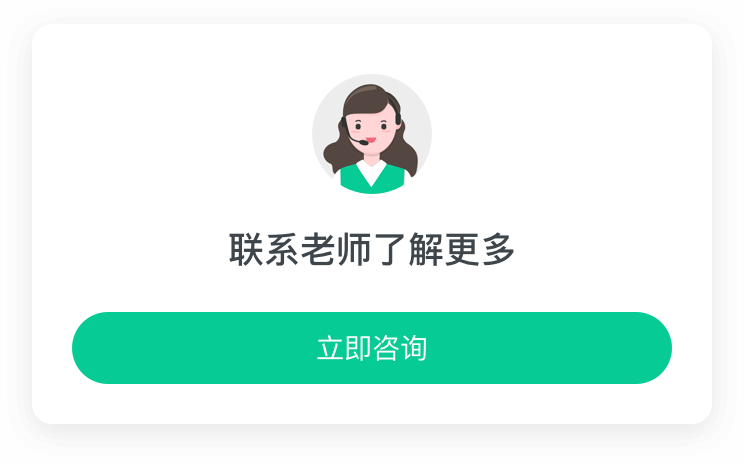最后的演講:父母的獎賞 (5/6)
來源:滬江聽寫酷
2011-09-23 20:00
Randy Pausch是美國卡內(nèi)基梅隆大學(xué)的計算機科學(xué)、人機交互及設(shè)計教授。2006年9月,他被診斷患有胰腺癌。2007年9月18日,他在卡內(nèi)基梅隆大學(xué)做了一場風(fēng)靡全美的“最后的演講”,根據(jù)這次演講,他出版的“The Last Lecture”一書則成為亞馬遜網(wǎng)站上最為暢銷的書籍之一。Randy教授所傳達(dá)的訊息之所以如此震撼人心,是因為他以誠懇、幽默的態(tài)度去分享他獨特的經(jīng)驗。他談的不是死亡,而是人生中的重要議題,包括克服障礙、實現(xiàn)兒時夢想、幫助別人實現(xiàn)夢想、把握每一個時刻……
Hints:
fifty-student dormitory
Thailand
prostitution
"Christian"
Presbyterians
leukemia
Hints:
fifty-student dormitory
Thailand
prostitution
"Christian"
Presbyterians
leukemia
My parents knew what it really took to help people. They were always finding big projects off the beaten path, then throwing themselves into them. Together, they underwrote a fifty-student dormitory in rural Thailand, which was designed to help girls remain in school and avoid prostitution.
My mother was always supremely charitable. And my father would have been happy giving everything away and living in a sack cloth instead of in the suburbs, where the rest of us wanted to live. In that sense, I consider my father the most "Christian" man I've ever met. He was also a huge champion of social equality. Unlike my mom, he didn't easily embrace organized religion. (We were Presbyterians.) He was more focus on the grandest ideals and saw equality as the greatest of goals. He had high hopes for society, and though his hopes were too often dashed, he remained a raging optimist.
At age of 83, my dad was diagnosed with leukemia. Knowing he didn't have long to live, he arranged to donate his body to medical science, and he gave money to continue his program in Thailand for at least six more years.
Many people who saw my last lecture were taken with one particular photo that I flashed on the overhead screen: It's a photo in which I'm in my pajamas, leaning on my elbow, and it's so obvious that I was a kid who loved to dream big dreams.










